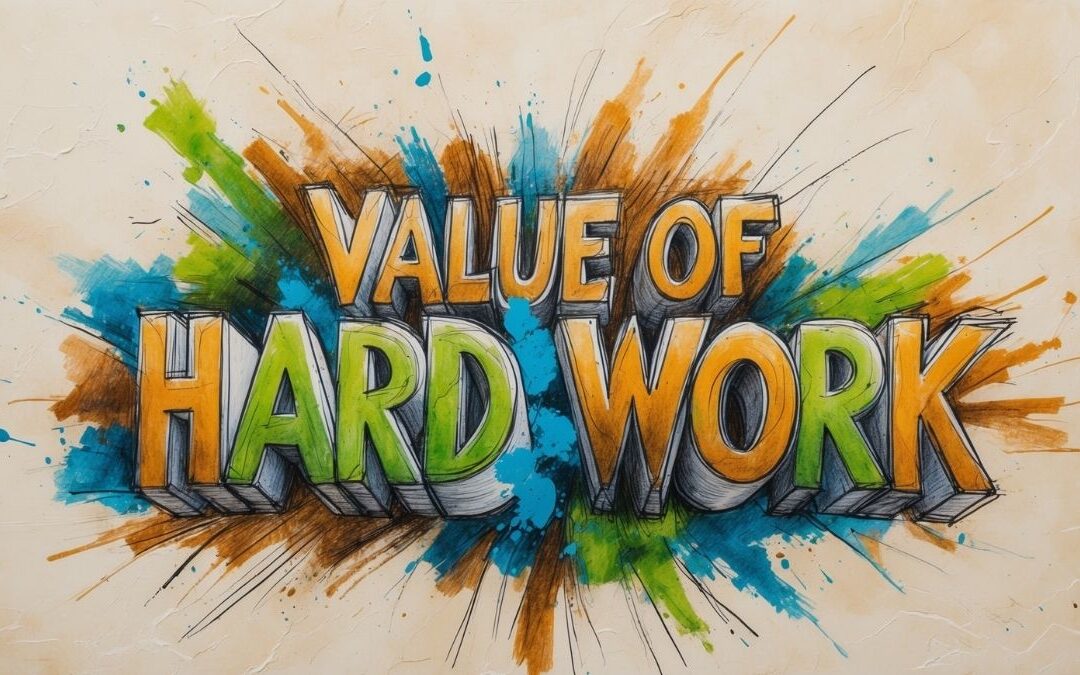Understanding the Dynamics
In the global marketplace, the art of negotiation is as diverse as the cultures and countries that participate in it. Welcome to the intricate world of international business negotiations, where factors such as culture, language, and local customs can heavily influence the outcome of a deal. Let’s explore how these nuances can shape the negotiation process.
Imagine you’re an executive from a US-based company heading to Tokyo to finalize a partnership. In the fast-paced, deal-centric environment you’re accustomed to, getting straight to the point is often seen as a strength. However, in Tokyo, you might find the process to be significantly different. Negotiations may begin with extended polite small talk, and the focus might shift to meticulous detail-oriented discussions in a manner that feels almost painstaking. It’s crucial to understand that in international negotiations, the process is as important as the deal itself.
Cultural Influences on Negotiation Styles
Negotiation styles can vary drastically from one culture to another. In the United States, negotiations are typically direct, with a strong focus on competitive bargaining. Yet, in many Asian cultures, the emphasis is placed on building relationships first, where trust and respect are paramount. This approach can be quite different from what some negotiators may expect.
Take China, for example. In Chinese business culture, the concept of “Guangxi” plays a crucial role. Guangxi emphasizes deep, long-term relationships and networks of trust, which can take time to establish before discussing the deal. Rushing into negotiations without building this rapport can lead to negative perceptions. Similarly, German business culture often values precision, transparency, and a direct approach, where efficient, fact-based negotiations are expected.
In Brazil, the rhythm is more relaxed, with personal connections and flexible scheduling influencing the negotiation process. Meetings might not start on time, and the day might be filled with friendly, casual conversations. Building rapport is essential, and trying to adhere strictly to rigid timelines might be counterproductive.
Preparing for International Negotiations
Preparation is key when stepping into an international negotiation. It’s important to research and understand the cultural norms, business etiquette, and negotiation styles of the country you are dealing with. What might be considered polite in one culture could be seen as disrespectful in another. For instance, in some cultures, maintaining eye contact is requisite for confidence, whereas in others, it may seem confrontational.
Strategy is equally important. Flexibility is the cornerstone of successful international negotiations. While you might come with a defined proposal, it’s vital to adapt as discussions progress. Some of the best deals result from unexpected compromises or creative solutions.
Subtle nuances in phrasing, tone, and body language can easily lead to misunderstandings. Clarity is indispensable; don’t make assumptions—confirm details repeatedly if necessary. Collaborate with an experienced interpreter who can bridge both language and cultural gaps effectively.
Lessons from Successful Partnerships
One of the most illuminating examples of successful international negotiation is the partnership between Nissan and Renault. Despite the vast cultural and operational differences between Japan and France, both companies managed to bridge their gaps through careful negotiation and mutual respect, resulting in one of the most successful automotive alliances ever.
Their success was not just about agreeing on terms—it was about negotiating a relationship based on profound understanding and respect for each other’s cultures.
Conclusion
International business negotiations require more than just the ability to strike deals. They require an aptitude for bridging cultural divides, listening actively, and adapting strategies. Are you prepared to navigate these complexities and build successful cross-cultural partnerships?
Remember, the journey doesn’t stop here. For a deeper dive into such topics, tune into English Plus Podcast on various platforms or visit us online. Stay curious and never stop learning with English Plus.








0 Comments